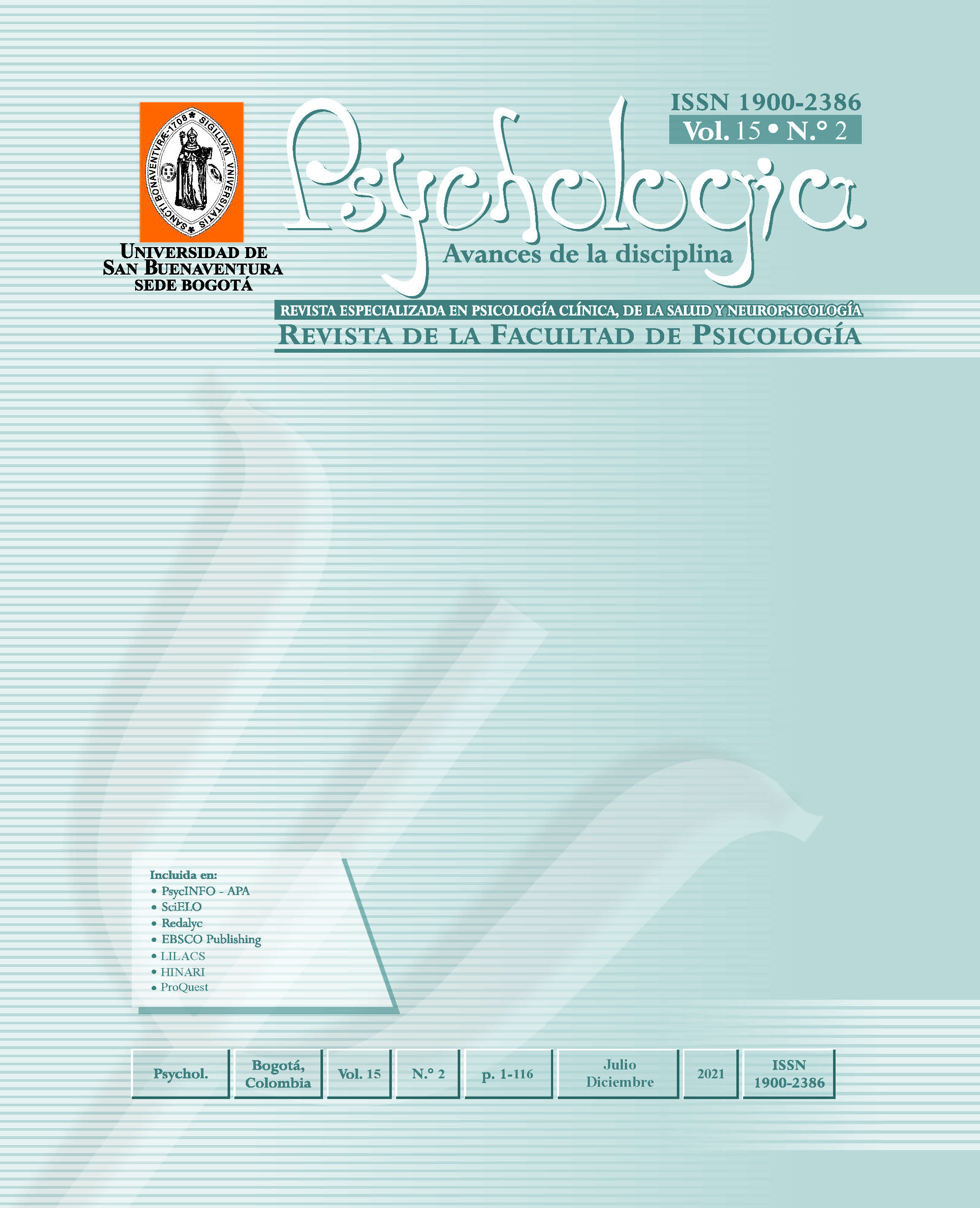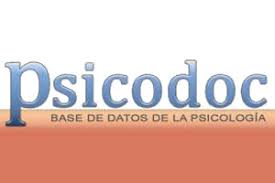This journal provides open, immediate access to its contents, based on the principle that offering the public free access to research helps to promote a higher global exchange of knowledge.
As such, all journal articles are published under a Creative Commons Attribution-NonCommercial-ShareAlike 4.0 International License (CC BY-NC-SA), by which commercial use of the original work or its possible derived works is not allowed, and the distribution thereof must be done with the same license elements regulating the original work.
http://creativecommons.org/licenses/by-nc-sa/4.0/
Abstract
420 university students of Psychology and Law were evaluated in order to update the psychometric evidence
of the State Anxiety Inventory - trait: STAI in times of the COVID-19 pandemic. The sample consisted of men and
women, the group of women being the largest, with an age range between 18 to 57 years old. The validation tests with
expert judges allow obtaining an Aiken “V” greater than 0.80 and the values of the binomial test were significant with
a p <.05. The item-test discriminative analysis tests obtained scores for the entire Inventory ranging from 0.334 to
0.679, with item 34 eliminated for not meeting the expected criteria. For convergent validity, its correlation with the
CASE A30 questionnaire obtained for A-E an “r” of .320 and for A-R of .522, both with a p <.05. The construct
validity was evaluated by means of the exploratory and confirmatory factor analysis, finding 4 independent scales: state
anxiety, state well-being, trait anxiety and trait well-being. Reliability was obtained by calculating Cronbach’s Alpha
coefficient = 0.86 and McDonald’s Omega coefficient = 0.89. Likewise, in the reliability by Guttman halves, values between 0.76 and 0.89 were found. Scales were established by sex and by age for the total population. The prevalence
of anxiety in university students in Lima was 29.4 %, which is close to the data from China and Colombia, but it is
higher than in England all in the time of COVID-19.
Key words: State anxiety, trait anxiety, STAI, university students, COVID-19.





















